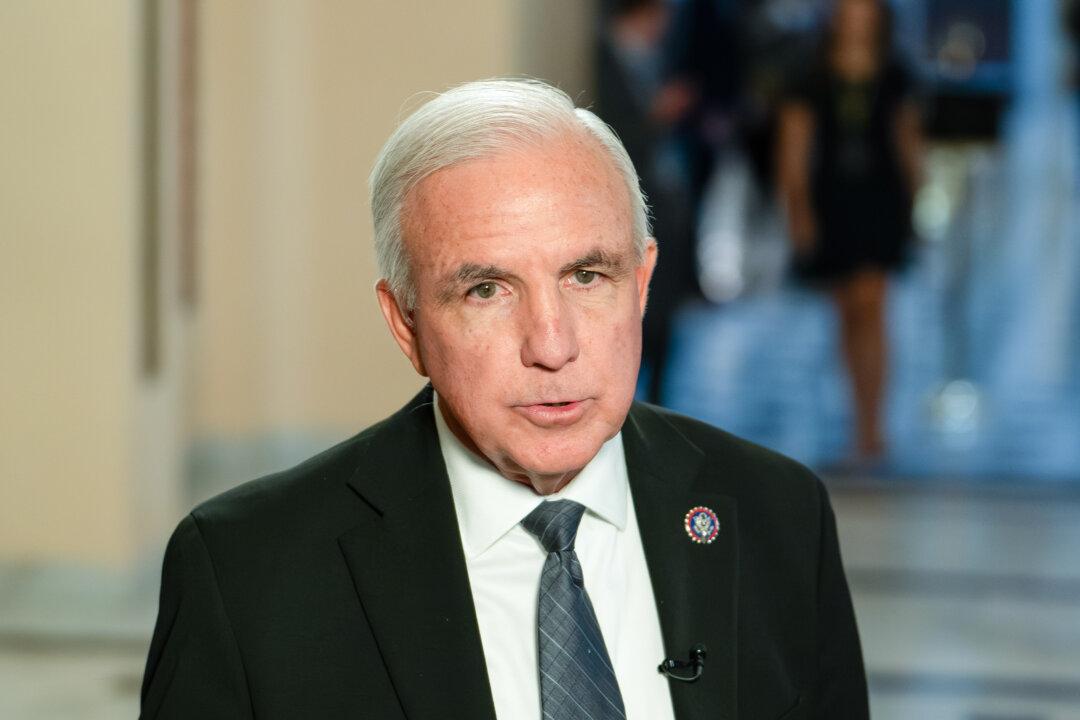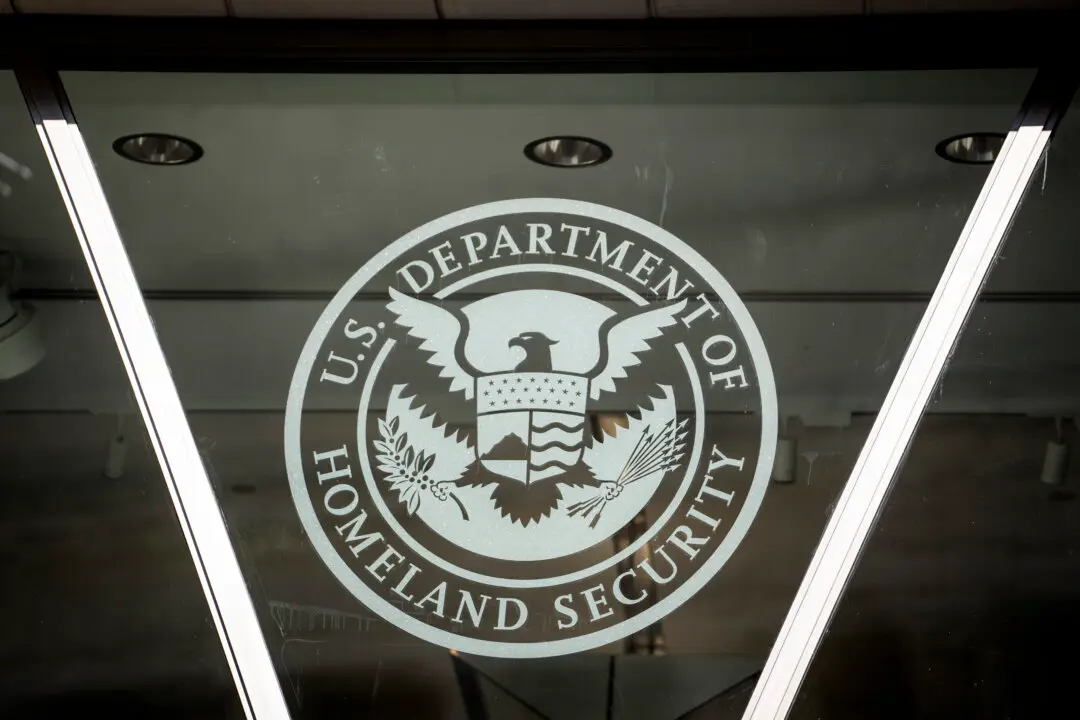Illegal immigrants in the United States are reluctant to use the CBP Home app that the Trump administration has required for self deportation, according to several lawyers.
The app was repurposed from the Biden administration’s CBP One app, which was launched in January 2023 and was used to facilitate the entry of more than 930,000 people of different nationalities.





